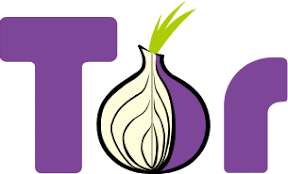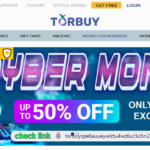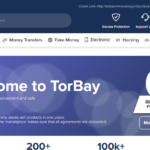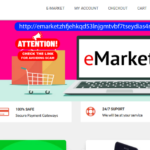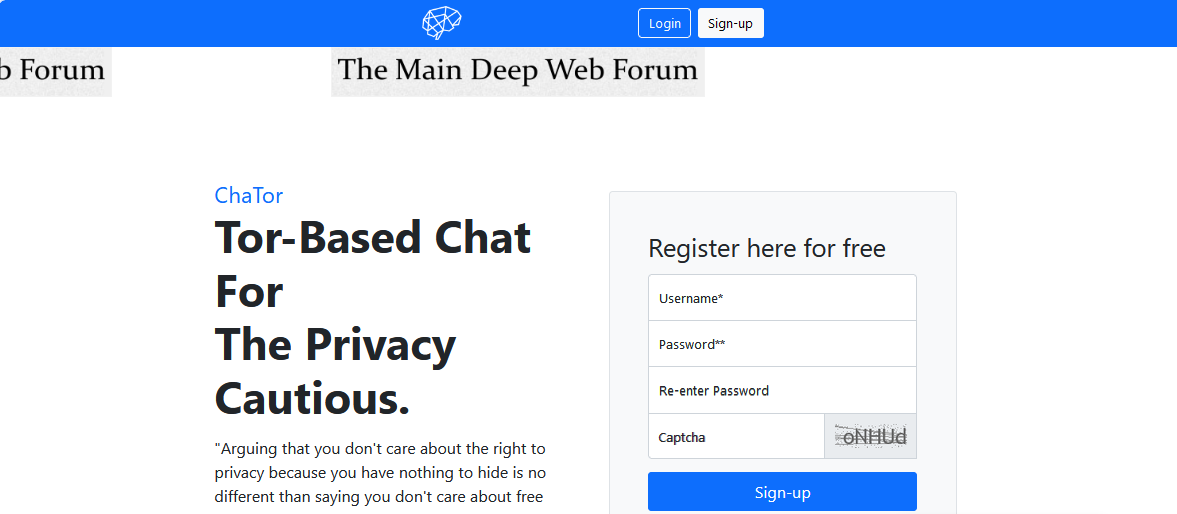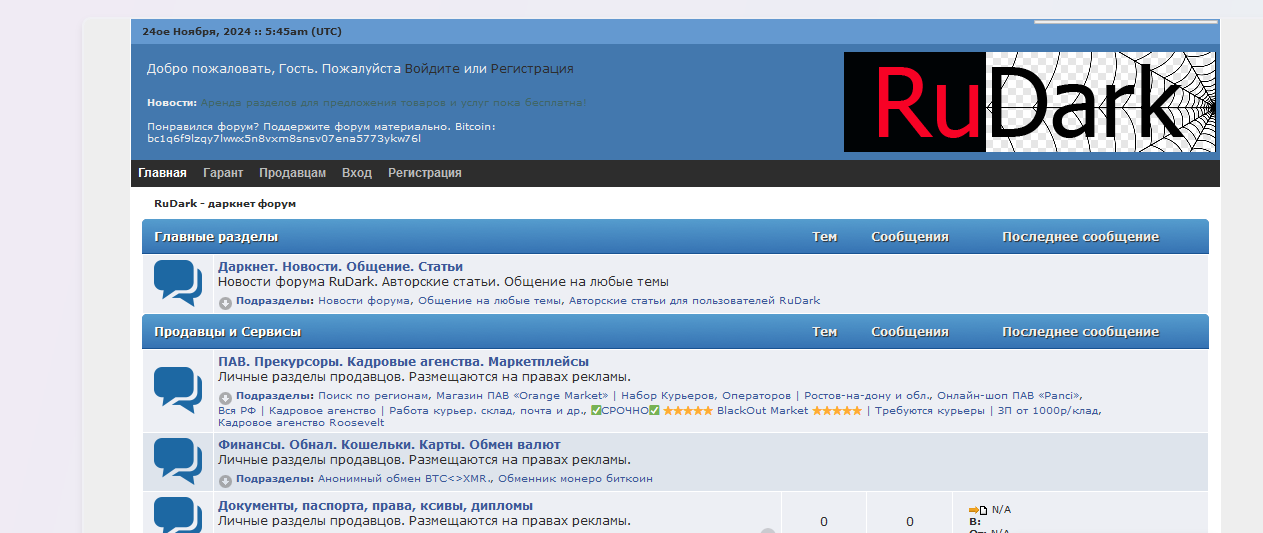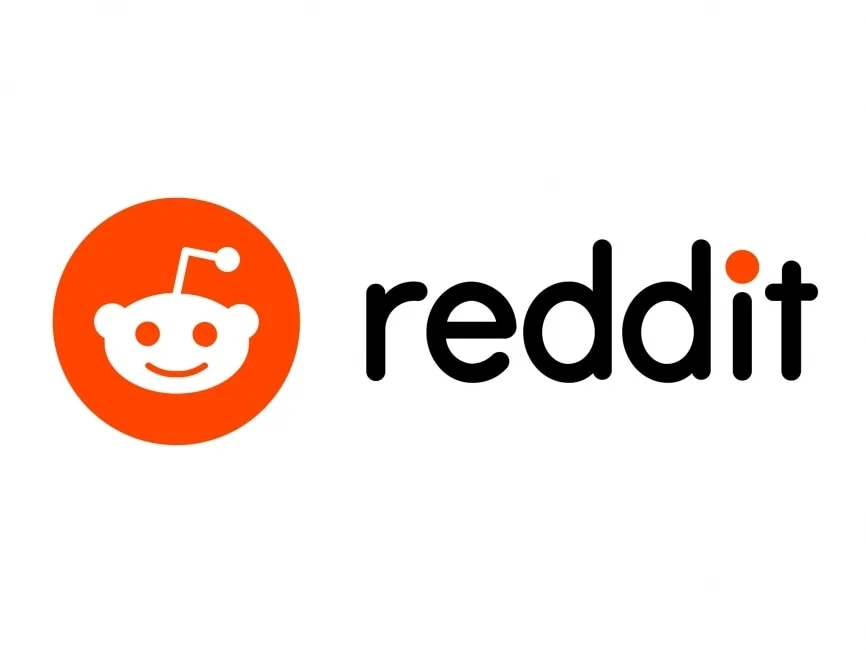Facebook onion service is a specific version of the popular social media platform designed for use within the Tor network. This service is accessible through an onion link, which provides users with an additional layer of privacy and security. The unique aspects of an onion link are a product of the Tor protocol, designed to anonymize data traffic by routing it through a series of volunteer-operated servers, known as nodes. This ensures that users can navigate the internet without revealing their IP addresses, ultimately allowing them to remain anonymous online.
The existence of Facebook’s onion site stems from a commitment to user privacy, particularly for individuals situated in regions experiencing heavy internet censorship or surveillance. In repressive regimes, access to social media can be stifled, often resulting in dangerous repercussions for users attempting to assert their right to free expression. By creating an onion service, Facebook offers a secure avenue for individuals in such environments to connect with their networks without the fear of detection or retaliation.
Furthermore, this service is significant for aiding individuals who seek greater anonymity in their online activities. By utilizing the onion service, users can create and manage their Facebook accounts and engage in discussions and interactions while minimizing their digital footprint. This not only empowers users to express themselves more freely but also assists in evading restrictions that may be imposed by oppressive authorities. The implications of Facebook’s decision to establish an onion service highlight its awareness of the critical necessity for privacy in a digital age where surveillance is commonplace, demonstrating the social media giant’s role in promoting safety and security for all users worldwide.
Navigating to Facebook’s Dark Web Access
Accessing Facebook on the Dark Web requires a special set of tools and knowledge to ensure a safe and secure browsing experience. The primary software needed is the Tor browser, specifically designed to enable anonymous internet usage. First, download the Tor browser from its official website. It is critical to avoid third-party websites to minimize the risk of malware or phishing attacks. Once installed, launch the browser, and you will be able to access .onion sites, which are only reachable through Tor.
Next, to find Facebook’s official onion link, it is essential to reference credible sources or platforms that discuss Dark Web navigation, as sharing the link in an unsecured environment can attract malicious actors. The link changes frequently, but you can usually discover updates by visiting external forums or communities that focus on Dark Web exploration. Make sure to always verify the link through multiple sources before proceeding to enhance security.
While navigating on the Dark Web, several best practices are important to maintain your privacy and security. Avoid sharing personal information or engaging in activities that could compromise your identity. Utilize a Virtual Private Network (VPN) in conjunction with the Tor browser for an extra layer of anonymity. Regular security updates for all software used, including the Tor browser, are also critical in thwarting potential vulnerabilities.
Many users harbor misconceptions about the Dark Web, assuming that it is solely a hub for illegal activities. While illegal activities do exist, Facebook’s presence signifies that not all content is harmful. However, users should remain vigilant as there are inherent risks in navigating this space, including exposure to harmful content and scams. Adopting a cautious approach can significantly enhance your Dark Web experience while allowing access to platforms like Facebook securely.

The Controversies Surrounding Facebook on the Dark Web
The operation of Facebook on the dark web has sparked a range of ethical and practical controversies that merit careful examination. This dual existence raises significant questions about content moderation, as the platform must navigate the complexities of regulating user-generated content in an environment often characterized by anonymity. The dark web serves as a refuge for individuals seeking privacy, yet it simultaneously attracts elements involved in illegal activities, such as trafficking and the distribution of illicit material. This dichotomy raises concerns for both social media companies and regulators alike.
Privacy advocates argue that Facebook’s onion service facilitates freedom of expression, particularly for users in oppressive regimes where access to information is restricted. They contend that the ability to communicate securely and anonymously is crucial for whistleblowers, activists, and journalists. From this perspective, Facebook offers a vital tool enabling individuals to express dissenting views without fear of retribution. However, this freedom poses a significant challenge in ensuring that the platform does not inadvertently become a vehicle for harmful behaviors or the spread of misinformation.
Conversely, law enforcement agencies express concern over the potential for Facebook to shelter clandestine criminal activities. The anonymity offered by the dark web can complicate investigations and complicate efforts to hold individuals accountable for their actions. This ongoing tension between user privacy and the need for security highlights the multifaceted role of social media within the darker corners of the internet. As Facebook navigates these challenges, the dialogue surrounding its dark web presence underscores the broader implications for digital rights and societal safety. Debates continue over whether the benefits of enabling free speech through platforms like Facebook outweigh the associated risks and challenges inherent in such a complex digital landscape.
